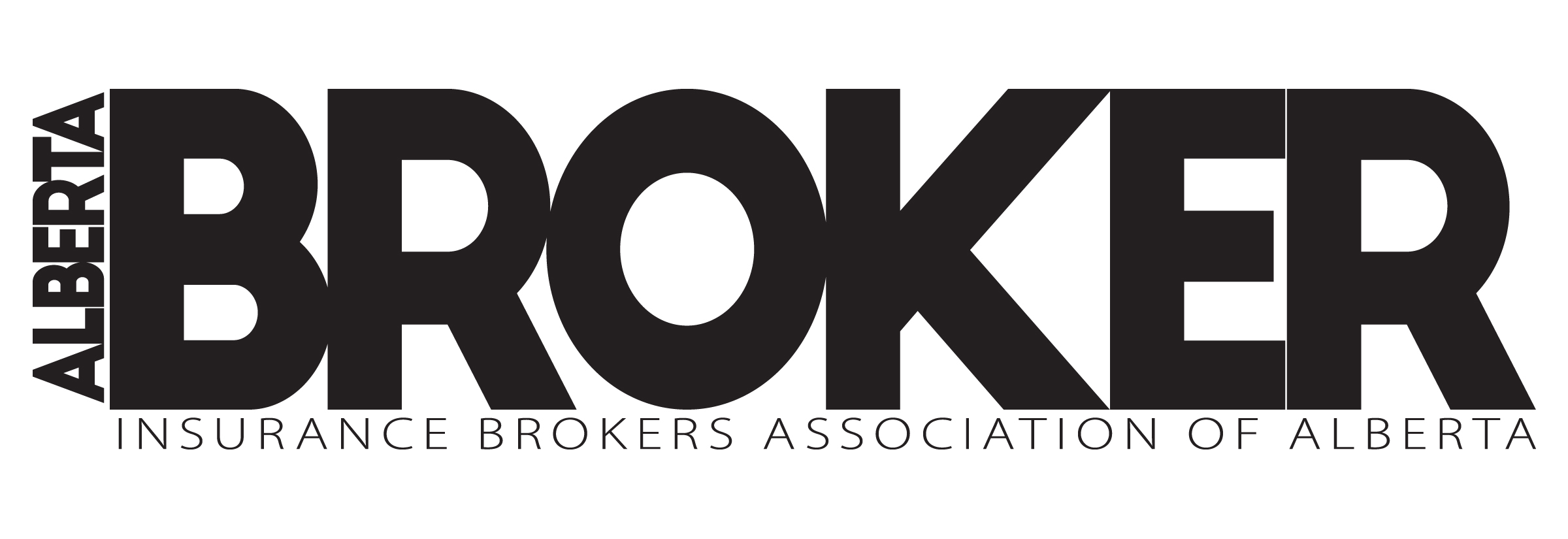
5 minute read
EMPLOYEE MOTIVATION - You Get What You Reward
By Julianna Cantwell, CACE, CPHRPresident, JUNA Consulting Inc.
Managers are riddled with how to motivate and engage with their employees in this new work landscape. Before you start making changes to your compensation programs to “light the fire” in your team members, let’s look at employee motivation principles and how your rewards and recognition programs affect their performance.
Employee motivation involves an individual’s focused and persistent effort toward achieving a goal. This is affected by internal and external forces:
Intrinsic Motivation (myself): a person’s internal desire to do something due to their interest, challenge, and sense of personal satisfaction. When an employee cares about their work, they look for better ways to do it and are energized and internally fulfilled by doing it well.
Extrinsic Motivation (my work, my environment): the motivation that comes from external incentives, such as:
Pay increases, bonuses, commissions
Positions, titles, status
Perks (parking stalls, celebration lunches, gifts, awards)
Note: extrinsic rewards can also be negative (and intentional), such as management not offering a cost-of-living adjustment (COLA) because the company goals were not met. Extrinsic rewards can also be negative but unintentional, such as an employee having to work overtime due to a new promotion, thereby creating undesirable work-life balance challenges.
Beware of Creating Your Own Monsters
Intrinsic and extrinsic rewards are interdependent.
Intrinsic rewards are more powerful and longer lasting, but feedback from others helps to generate internal satisfaction.
Extrinsic rewards can cause intrinsic interest to decline.
Therefore, it’s important to create the right balance of external rewards so that, as management, you do not accidentally create a team that becomes “entitled.” One manager I used to work with called her sales team “fat and happy,” which meant the team had become too influenced by bonuses, trips and other external perks, thereby killing their natural internal motivation to be excellent sales professionals. I call this “creating your own monsters.”
Concepts to Consider When Offering External Rewards
There is important psychology to consider when thinking about employees and what motivates them to work to their full potential and remain productive with your organization. To avoid inadvertently developing “total rewards” programs that have unintended consequences on staff motivation, consider the following social-psychological concepts.
To illustrate, we will use an example of offering more money (i.e., a bonus or increase in base pay) to incent motivation.
EFFORT VS. OUTCOME
Employees will be motivated to exert a high level of effort when they believe:
Their effort will lead to good performance, AND
Good performance will lead to organizational rewards (e.g., more money), AND
This reward will satisfy personal goals (in life)
Questions employees will unconsciously ask themselves when you offer an external reward, such as more money, are:
Do I have the ability to achieve the goal? (self-confidence: perception of the skills, knowledge or abilities required)
How much effort do I need to exert to accomplish this? (What sacrifices do I need to make, if any?)
How desirable is this amount of money to me in relation to the additional effort required? (E.g., I can take my family on a vacation with this extra money.)
PERCEPTION OF FAIRNESS
Employees not only respond to rewards, they also evaluate and interpret them; they compare their job inputs and outcomes (skill and effort levels) with those of others in the company and respond according to how they see any inequities.
Questions employees will unconsciously ask themselves when external rewards are being evaluated are:
Is the amount and allocation of rewards among individuals equitable?
How fair is the process used to determine the distribution of rewards?
Is there favouritism going on? (quality of interpersonal treatment received from a manager)
Here are some common equity comparators:
Length of service/tenure with the company
Overall industry experience (breadth/depth)
Level of authority in the company
Amount of education attained
Gender, age, colour (demographic details)
External job market (how many similar jobs are available out there right now)
PERSONAL NEEDS: INTRINSIC FACTORS
Some employees are naturally more wired for individual achievement. They seek attainment of goals and advancement, and they want feedback regarding their progress along the way. They gain a sense of accomplishment from doing good work and being recognized for these accomplishments. I call this the “Me factor.”
Other employees are naturally more focused on affiliation. They desire friendly relationships at work and seek positive interactions with others. They want to be liked by other team members and held in popular esteem. So, instead of being individually focused on achievement, they look for connection within the team. I call this the “We factor.”
And, finally, some employees naturally gravitate to authority/ power. They seek to be influential, effective and impactful (tangible results). They try to increase their personal status/prestige and value being given more responsibility and/ or decision-making autonomy. I call this the “company factor,” as they care more about being elevated or promoted in the company.
While most employees are driven by all three of these factors, each employee—based on their personality as well as also the stage of their career—will have different motivation buttons.
Final Thought
When assessing which external rewards will have the desired effect (i.e., helping to motivate staff engagement at work), please consider the impacts—both intentional and unintentional—before making changes to any rewards and recognition programs. My suggestion for managers is to start having more dialogues with each employee about what matters most to them before making wholesale changes.




